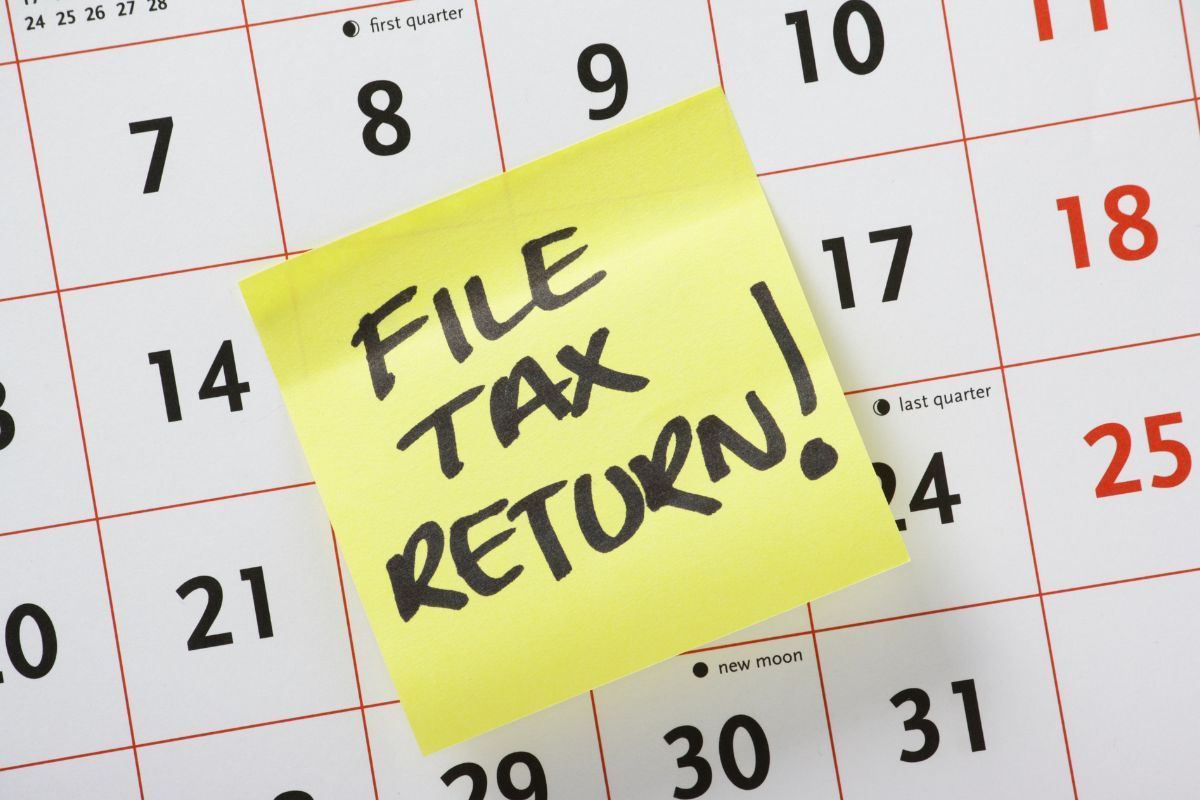Tax Dispute Resolution In Canada: Expert Advice And Strategies
Facing a tax dispute with the Canada Revenue Agency (CRA)? You're not alone, and the stakes are high. Tax disputes from assessments, audits, or penalties can be stressful and create uncertainty for individuals and businesses. Tax dispute resolution is a complex process; without the right approach, you risk financial losses or prolonged legal battles. Expert guidance can differentiate between a smooth resolution and a costly headache.
Tax disputes often arise from reassessments, audits, penalties, or misinterpreted laws. Understanding the cause and the resolution process is key to protecting your rights. In this article, we'll explore common causes of tax disputes and learn about effective tax dispute resolution.
Navigating Tax Disputes In Canada
Tax disputes occur when taxpayers and the CRA disagree on how taxes are calculated or enforced. These disputes can cover an array of issues, including:
- Reassessments. When the CRA issues a revised tax assessment that challenges a taxpayer's original filing.
- Audits. Investigations by the CRA to verify the accuracy of reported income or claimed deductions.
- Penalties. Fines or additional charges for late filings, errors, or non-compliance with tax regulations.
Resolving these conflicts involves several entities:
- The Canada Revenue Agency (CRA) handles audits and tax assessments. It manages the initial appeals process and ensures compliance with tax laws.
- The Tax Court of Canada handles disputes unresolved by the CRA's administrative process.
- Further appeals are handled by higher courts, such as the Federal Court of Appeal and, in rare instances, the Supreme Court of Canada.
Canada's tax system functions on a "pay and chase" model. Taxpayers file and pay taxes upfront. Disputes usually come later through audits or assessments. Understanding the resolution framework is essential for navigating these conflicts effectively.

Tax Dispute Resolution Process
Going through a tax dispute can be overwhelming, but understanding the process can make it more manageable. Here are the essential steps to resolving a tax dispute:
Step 1: Review The CRA's Assessment Or Decision
The process begins when you disagree with the Canada Revenue Agency's (CRA) reassessment or penalty. Review the CRA's notice carefully. Gather all relevant documents. Know the reasoning behind their decision. This step is critical for identifying any errors or grounds for dispute.
Step 2: File An Objection With The CRA
If you think the CRA's assessment is wrong, you can challenge it by filing a Notice of Objection within 90 days from the evaluation date. This document should explain your reasons for disagreement. Include evidence to support your points. Once submitted, your case will be reviewed by the CRA's Appeals Division, which handles objections.
Step 3: CRA Review And Negotiation
An appeals officer from the CRA will review your case, considering the evidence and arguments presented. This stage can take several months to years, depending on the complexity of the dispute. Many cases are resolved here through negotiations, adjustments, or mutual agreements. However, if no resolution is reached, further steps may be necessary.
Step 4: Appeal To The Tax Court Of Canada
If the CRA denies your objection or you’re unsatisfied with the outcome, you can escalate the matter to the Tax Court of Canada. Disputes are handled under two procedures:
- The informal procedure is faster and suited for more minor, less complex cases.
- The general procedure is designed for high-value or complex disputes.
The Tax Court provides an independent forum where taxpayers can present their case.
Step 5: Pursue Further Legal Action
If the Tax Court's decision is unsatisfactory, you can appeal to higher courts, such as the Federal Court of Appeal. The dispute can be taken to the Supreme Court of Canada, the country's highest judicial authority in rare, exceptional cases. However, these steps are time-consuming and costly, often spanning several years.
Expert Strategies For Resolving Tax Disputes
Tax disputes can be challenging, but you can resolve issues efficiently and effectively with the right strategies. Below are expert insights to help you address disputes, protect your rights, and achieve the best possible outcome.
Accurate Record-Keeping And Documentation
Keep meticulous financial records and detailed documentation. This helps strengthen your case during an audit or dispute. Many disputes happen due to missing or insufficient evidence, but proper record-keeping can prevent this.
Professional Assistance
Tax lawyers and accountants experienced in tax litigation can provide invaluable guidance. They understand the legal nuances, prepare robust objections, and negotiate with the CRA on your behalf.
Negotiation Tactics
Successful resolution often hinges on effective negotiation. Propose settlements based on your interpretation of tax laws and address the CRA's concerns at the same time. Compromise can avoid lengthy legal battles.
Alternative Dispute Resolution (ADR)
ADR methods like mediation or settlement conferences can streamline dispute resolution. These methods are less adversarial and encourage both parties to cooperate, saving time and money.
Common Challenges In Tax Dispute Resolution
Tax disputes arise from disagreements over laws, compliance, or procedures. They can result in lengthy and expensive processes. Knowing common challenges is essential for resolving them effectively.
Processing Delays
Long timelines are a common issue. Appeals can take months or even years. This is particularly concerning for complex cases requiring court intervention.
High Litigation Costs
Legal fees and other costs can quickly increase, especially when disputes escalate beyond the CRA's internal appeals process.
Understanding Tax Laws
Tax laws and policies are frequently updated. Staying informed is crucial, as misinterpretations or outdated practices often lead to disputes.
Frequently Asked Questions
How long does the tax dispute resolution process take?
Cases resolved at the CRA level typically span 1-2 years. Litigation cases through the courts, especially those reaching the Federal Court of Appeal, can take up to 10 or more years.
What are my chances of successfully challenging the CRA?
Your chances of success largely depend on the strength of your case, the quality of evidence you provide, and the expertise of your legal support. Many disputes are resolved favorably without the need to go to court.
Can I negotiate a tax settlement with the CRA?
Yes, it’s possible to negotiate a settlement with the CRA, particularly during the appeals or mediation process. However, any agreement must align with what would be considered a reasonable outcome in court.
Should I hire a lawyer for a tax dispute?
Consulting a professional is highly recommended for complex tax disputes. Adil CPA has the expertise to handle intricate tax issues. They can help build a strong case and ensure compliance with all regulations.
What if I lose my case in the Tax Court of Canada?
You can file an appeal to the Federal Court of Appeal or the Supreme Court of Canada if you lose your case. Pursuing higher appeals is costly and time-consuming. It's crucial to prepare thoroughly in the early stages of your case.

Resolving Tax Disputes With Confidence And Expertise
Navigating Canada's tax dispute resolution process can be complicated. However, understanding the steps involved can lead to a fair outcome. Options include filing objections, seeking expert support, or using alternative dispute resolution methods. Staying informed is key. With preparation, taxpayers can protect their rights and resolve disputes effectively.
Want more information?
Richmond Hill, ON
Calgary, AB
Vancouver, BC
Ottawa, ON
Winnipeg, MB
Hamilton, ON
Halifax, NS
Mississauga, ON
Toronto, ON
Brampton, ON
Oakville, ON
Milton, ON
Markham, ON
Vaughan, ON



